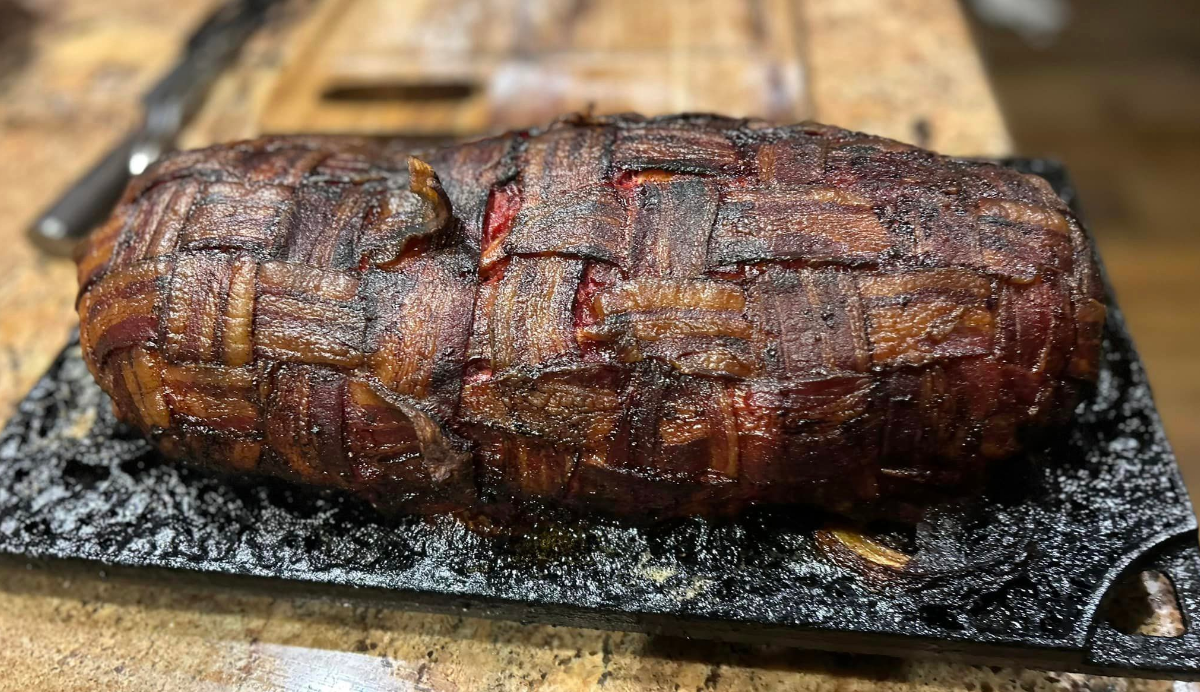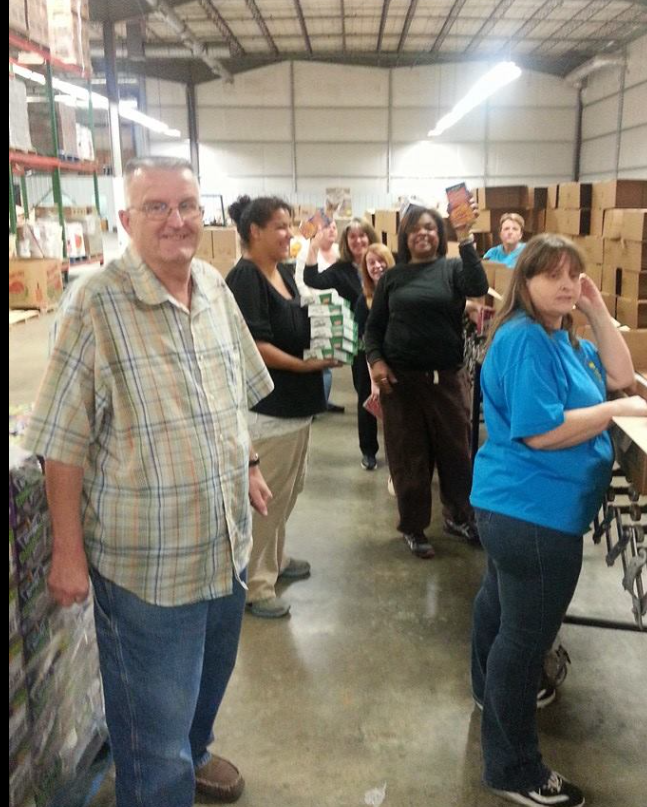Is asking for help a sign of weakness, or is it wise to reach out and ask for help? We like to think we are strong enough, smart enough, and capable enough to overcome every obstacle life throws our way, but then life hits a little too hard. It's humbling to acknowledge that we have to rely on another to overcome certain challenges, more so, it is mature to accept that help when it is offered.
Students need tutors, writers need editors, investors need advisers, organizations need consultants, couples in trouble need counseling, we all benefit from mentors, and we all find ourselves occasionally in situations where we need help. Pride interferes for all of us, occasionally.
Personally, I owe a huge debt of gratitude to those who have encouraged me, assisted me, helped me, guided me, taught me, and were patient with me. I would not be where I am or have achieved whatever I have, without help. I did not get where I am alone or by my own wherewithal.
Students need tutors, writers need editors, investors need advisers, organizations need consultants, couples in trouble need counseling, we all benefit from mentors, and we all find ourselves occasionally in situations where we need help. Pride interferes for all of us, occasionally.
Personally, I owe a huge debt of gratitude to those who have encouraged me, assisted me, helped me, guided me, taught me, and were patient with me. I would not be where I am or have achieved whatever I have, without help. I did not get where I am alone or by my own wherewithal.
I have had kind and generous people invest in me, both emotionally and financially, both spiritually and intellectually, and I have leaned on these people more than once. I am so grateful for their continued-consistent help and support and I know without them I would have been lost.
I didn't learn how to work in concrete or pump concrete in a vacuum. The same can be said of ministry, preaching, writing, or a host of other areas of my life. It is by being helped I have grown as a person and experienced any level of "success" in life.
Am I weak or weaker for asking for help or for receiving offers to be helped? Actually, I am stronger in the end and better off for the help. When I first started powerlifting for example, I went months without any progress what so ever, but then when a few world champion lifters who trained with the USA Olympic team took me under their wings, I saw gains I never imagined, and I went on to take 1st place in the State and placed in the Regions.
Weightlifting is a great analogy here on this topic of asking for or receiving help because we have to train our muscles through adversity to grow muscles, this is true for us intellectually, emotionally, and personally. In other words, our personal develop and personal growth require exercises and training, and we need a coach or a spotter in the gym of life.
None of us are sufficiently independent to make it far without asking for directions or getting a helping hand. We don't want to be dependent on others and rightfully so, but we are not able to be fully independent either. Interdependence is a great balance to seek, where we complete each other and complement our weakness and strengths -- together.
Here are some passages, while not exhaustive, I think comprehensive enough to make the point, we need help from others and it is not a sign of weakness but of strength to lean on others when we need help:
Gen 2:18, "Then the Lord God said, “It is not good that the man should be alone; I will make him a helper fit for him.”"
Prov 11:2, "When pride comes, then comes disgrace, but with the humble is wisdom."
Prov 12:15, "The way of a fool is right in his own eyes, but a wise man listens to advice."
Prov 15:22, "Without counsel plans fail, but with many advisers they succeed."
Prov 24:6, "for by wise guidance you can wage your war, and in abundance of counselors there is victory."
Gal 6:2, "Bear one another's burdens, and so fulfill the law of Christ."
Teamwork makes the dream work is a cheesy but true statement. We all need help, it isn't weakness it is wisdom, it is a true fact of life, and the sooner we accept this the sooner we grow.
I didn't learn how to work in concrete or pump concrete in a vacuum. The same can be said of ministry, preaching, writing, or a host of other areas of my life. It is by being helped I have grown as a person and experienced any level of "success" in life.
Am I weak or weaker for asking for help or for receiving offers to be helped? Actually, I am stronger in the end and better off for the help. When I first started powerlifting for example, I went months without any progress what so ever, but then when a few world champion lifters who trained with the USA Olympic team took me under their wings, I saw gains I never imagined, and I went on to take 1st place in the State and placed in the Regions.
Weightlifting is a great analogy here on this topic of asking for or receiving help because we have to train our muscles through adversity to grow muscles, this is true for us intellectually, emotionally, and personally. In other words, our personal develop and personal growth require exercises and training, and we need a coach or a spotter in the gym of life.
None of us are sufficiently independent to make it far without asking for directions or getting a helping hand. We don't want to be dependent on others and rightfully so, but we are not able to be fully independent either. Interdependence is a great balance to seek, where we complete each other and complement our weakness and strengths -- together.
Here are some passages, while not exhaustive, I think comprehensive enough to make the point, we need help from others and it is not a sign of weakness but of strength to lean on others when we need help:
Gen 2:18, "Then the Lord God said, “It is not good that the man should be alone; I will make him a helper fit for him.”"
Prov 11:2, "When pride comes, then comes disgrace, but with the humble is wisdom."
Prov 12:15, "The way of a fool is right in his own eyes, but a wise man listens to advice."
Prov 15:22, "Without counsel plans fail, but with many advisers they succeed."
Prov 24:6, "for by wise guidance you can wage your war, and in abundance of counselors there is victory."
Gal 6:2, "Bear one another's burdens, and so fulfill the law of Christ."
Teamwork makes the dream work is a cheesy but true statement. We all need help, it isn't weakness it is wisdom, it is a true fact of life, and the sooner we accept this the sooner we grow.












